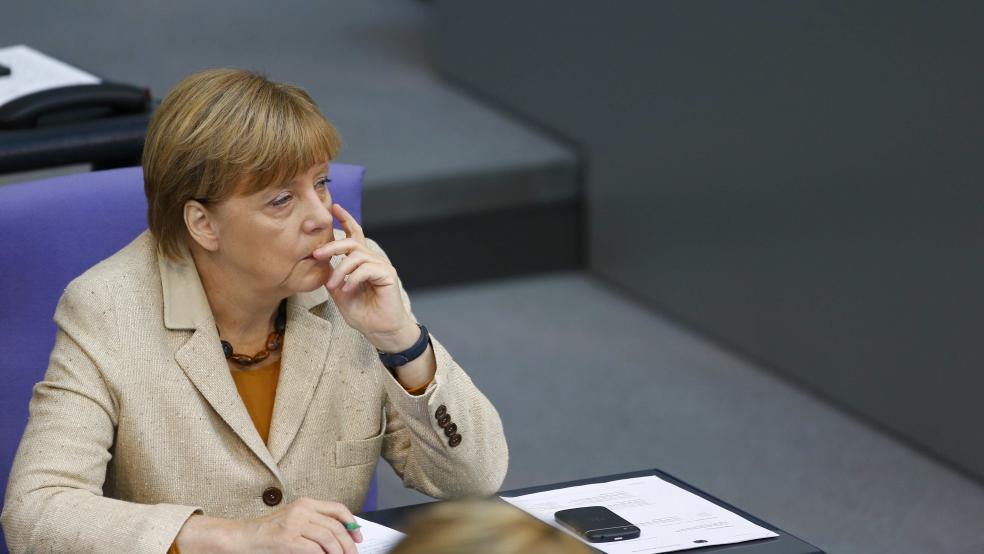BEIRUT (Reuters) - A prominent Syrian rebel leader said on Thursday that Russian air strikes in support of President Bashar al-Assad meant the war would go on longer, fuel extremism, and draw more foreign fighters to Syria.
Bashar al-Zoubi, who heads one of the largest rebel groups in southern Syria, called on Assad's Arab foes to meet the rebels' long-standing demand for anti-aircraft missiles so they could defend themselves from the newly arrived Russian jets.He also said that even Russian air power could not settle the four-year-long war on Assad's terms, and said Moscow ran the risk of another Afghanistan in Syria - a reference to the Soviet Union's defeat there in the 1980s."These air strikes will extend the life of the war as a first step," said Zoubi, whose Yarmouk Army fights under the banner of the "Free Syrian Army" (FSA). "As a second step, they will spread extremism, because when the war becomes a global one against the Syrian people, it will not retreat from its goals, and there will be fertile ground to attract foreign fighters to fight the Russians," Zoubi said."As Russia lost in Afghanistan, it will not win in Syria. There will be more killing and more bloodshed," said Zoubi, whose group is seen by the West as part of the moderate opposition to Assad.While Russia says it is targeting Islamic State, areas hit by its warplanes since Wednesday in northwestern Syria are held mostly by other rebels battling Assad, including groups that count themselves part of the FSA. Al-Mayadeen TV, a pro-Syrian government channel based in Lebanon, said areas targeted by Russian war planes on Thursday included Islamic State-held regions in northern and eastern Syria. Zoubi's Yarmouk Army, part of the Southern Front rebel alliance that controls areas of southwestern Syria, has been a recipient of what rebels describe as small amounts of military aid from states that want to see Assad gone from power.Assad's foreign foes include Saudi Arabia, Qatar and Turkey.DIPLOMACY STRUGGLESZoubi and his rebel allies have long complained that military support from their backers has been insignificant compared to the support Assad has received from Iran and Russia.Their demands for anti-aircraft weapons have gone unanswered.With the rebels now facing more sophisticated Russian jets flying at higher altitudes than the older Syrian air force, Zoubi reiterated the demand for anti-aircraft weapons, notably from Arab states that are vying for regional sway with Iran."We hope that the Arab states provide us with anti-aircraft weapons to halt these barbaric attacks," he said.Southwestern Syria is widely seen as one of the last major footholds of rebels with a Syrian nationalist rather than jihadist ideology. Foreign support to the rebels has been channeled via an operations room in U.S.-allied Jordan.Zoubi was speaking to Reuters in a phone interview from Istanbul, where he said he was attending a Syrian opposition meeting aimed at drawing up a position on the latest U.N.-led diplomacy towards ending the Syria war.The diplomacy led by U.N. envoy Staffan de Mistura was already struggling before Russia began its air strikes."We have said more than once that we support a political solution leading to the demands of the Syrian revolution. But after this Iranian aggression, and now the Russian aggression, what political solution are you talking about?" Zoubi said. "It destroyed all the initiatives of the international community. This is the most important point: we have lost confidence in the world, even in the (the concept of) a political initiative," he said. (Editing by Samia Nakhoul and Ralph Boulton)Syrian rebel says Russia air raids mean longer war, seeks anti-aircraft missiles

AXEL SCHMIDT



